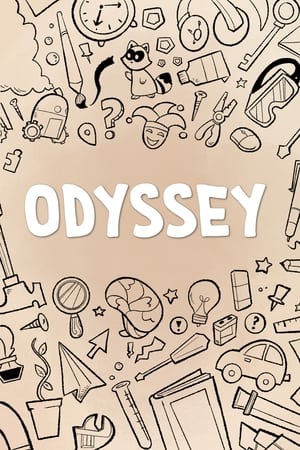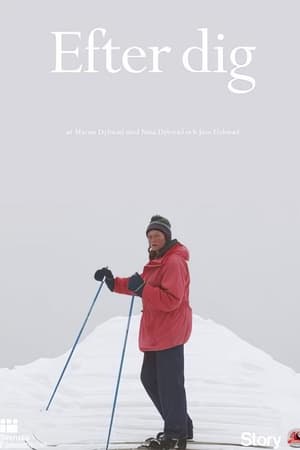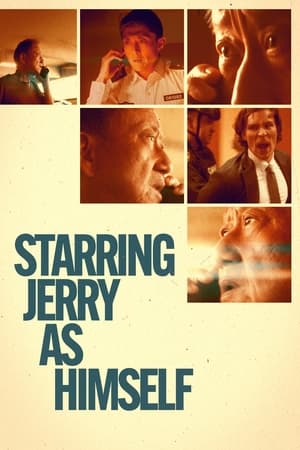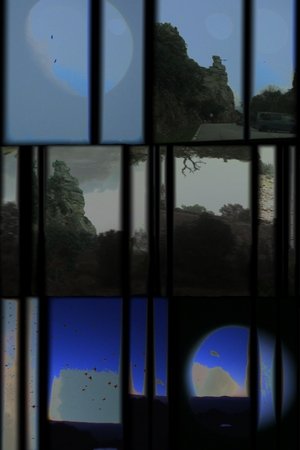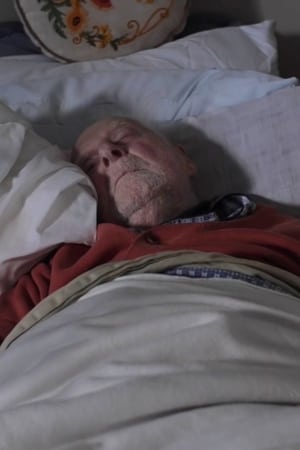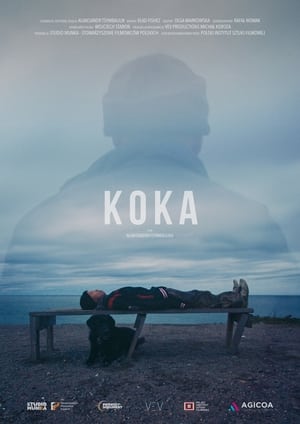Overview
Ulrike and Olli meet in 1985 while on tour with Circus Roncalli. He is living his childhood dream as part of the successful clown duo 'Illi & Olli'. She has recently left her life as a nurse in Berlin behind. When the season is over, she moves with him to Switzerland. What began as a circus fairy tale eventually becomes reality, amid creative crises, raising children, and ultimately growing older.

 German
German
 0
0
 2020
2020
 DE
DE
